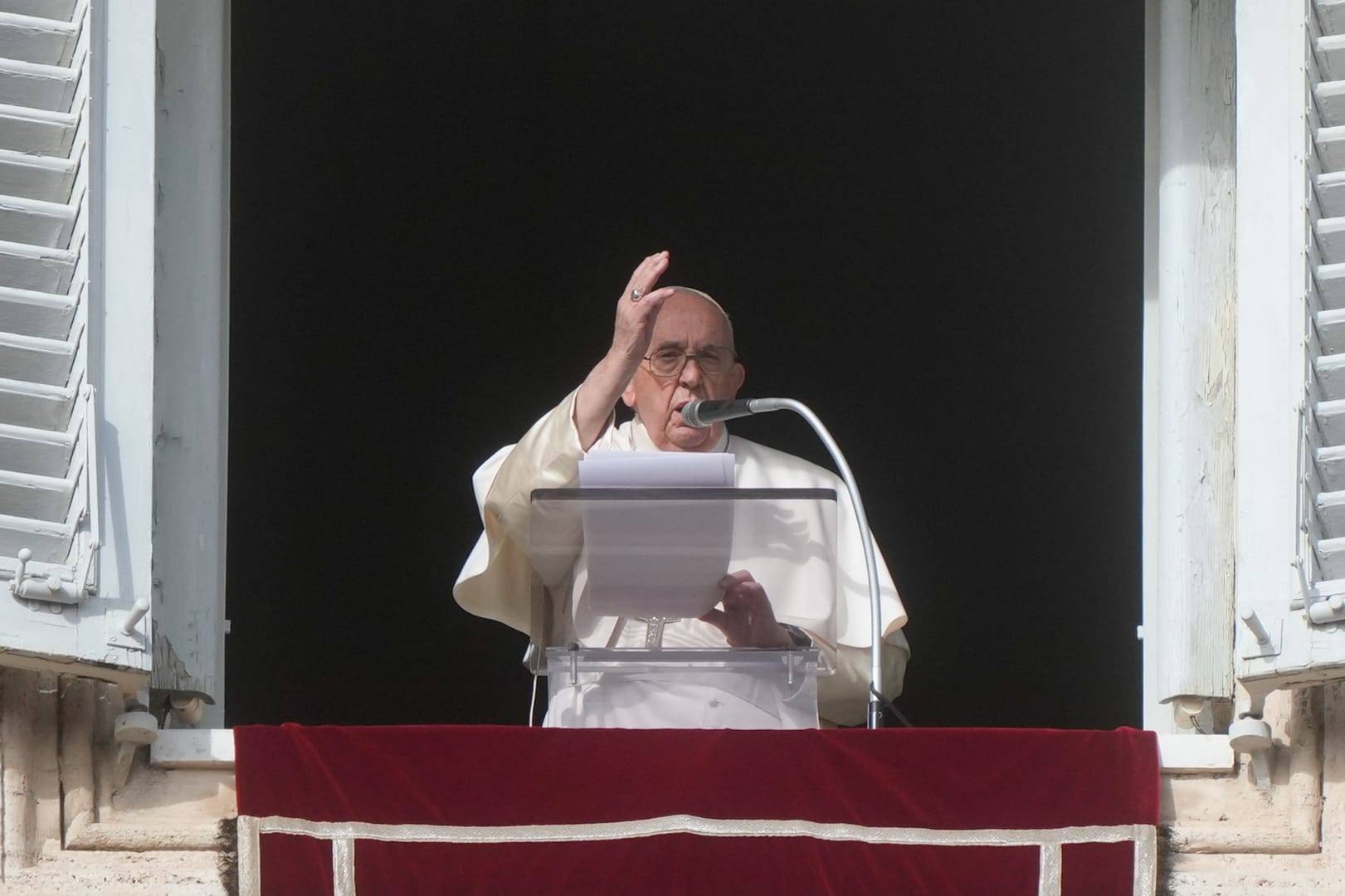SAN SALVADOR, El Salvador — Pope Francis’s decision to elevate Bishop José Gregorio Rosa Chávez is unprecedented: not only is he the first Salvadoran cardinal, he is also the first auxiliary bishop to be given a red biretta.
The cardinal-elect, who will receive the honor at a June 28 consistory, is also well-known for his close collaboration with Blessed Oscar Romero, an Archbishop of San Salvador who was martyred in 1980.
Rosa, 74, has been auxiliary bishop of San Salvador since 1982.
The pope’s May 21 announcement of a consistory to create five new cardinals came as a surprise to many, though possibly none more than Rosa.
“I thought it was a joke,” he told Catholic News Agency of getting the phone call at 5 a.m. “I never thought that this could happen to me.”
Rosa also described the appointment as “a charge,” saying he prayed for peace after receiving the announcement: “It’s a grace that you have to know how to receive with humility,” he reflected, adding that the office of cardinal is “a service which demands of you a total disposition to martyrdom.”
He also said Mass at the tomb of Blessed Oscar Romero, who he said “shed his blood, like a true cardinal. He shed his blood for Christ, for the Church … this gave me a measure of tranquility.”
Born in 1942 to a farming family in Sociedad, Rosa was ordained a priest of the Diocese of San Miguel in 1970. He studied at the Catholic University of Louvain from 1973-76, where he obtained a licentiate in social communications.
Under Romero, beginning in 1977, he headed the Archdiocese of San Salvador’s communications office. He also served as a rector and theology professor at the Central Seminary of San José de la Montana.
He was appointed auxiliary bishop of San Salvador in 1982, a position he has held ever since. Today he works as a parish priest and is president of Caritas Latin America.
Like Romero, Rosa has been outspoken about government abuses, even publicly naming the alleged killers of four Jesuits, their housekeeper, and her daughter, who were martyred in 1989. He has sustained death threats and accusations of being a communist.
His designation as a cardinal, while his immediate superior, Archbishop José Luis Escobar Alas, was bypassed, suggests that he may be destined for another appointment, after 35 years as San Salvador’s auxiliary bishop. It certainly shows Francis’s willingness to look beyond the traditional “cardinal sees” for those whom he wishes to give the red hat.
The designation of the auxiliary bishop as cardinal-elect has been well-received in El Salvador, where he is known also for his dedication to work with the poor.
Rosa was “fundamental in our process of dialogue and negotiation that allowed us to sign the peace accords in 1992,” said El Salvador’s Foreign Ministry.
President Salvador Sanchez tweeted: “The pope’s announcement fills us with immense gratitude and happiness.” He also offered his congratulations.
Nuestras felicitaciones y reconocimiento a Monseñor Gregorio Rosa Chávez por tan importante nominación como el primer Cardenal salvadoreño. pic.twitter.com/16FbCnnXpx
— Salvador Sánchez Cerén (@sanchezceren) May 21, 2017
El Salvador suffered a civil war from 1979 to 1992, and gang violence has been a problem in the country ever since. Work against the violence continues, and Rosa has spoken out against the killing on behalf of the nation’s bishops.
Many expected Rosa to become archbishop when Blessed Romero’s successor died in 1994, so with this designation by Francis “his prize arrived,” San Salvador parishioner Estela Henriquez told the Associated Press the day of the appointment.
Speaking to Salvadoran media, he declared: “I dedicate this appointment to Archbishop Romero.”
Elise Harris contributed to this report.
















